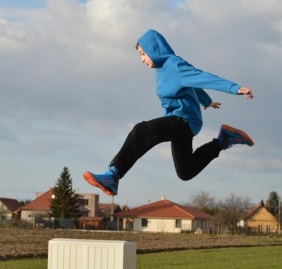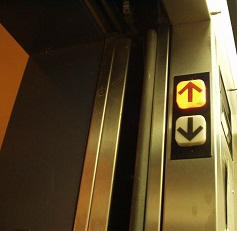TOM (Theme of the month)
Why do I do what I do? Why a teacher? Why a librarian?
When I asked myself these questions, I realized that learning has engaged my mind and my heart forever. Learning is about ideas and connections that help me understand or question the world around me. Learning is a never ending journey, a yellow brick road into the future. Learning is an adventure into known and unknown worlds and can be safe or risky. Learning can be solitary or social. Learning happens through multiple experiences in many places, with many people, and many opportunities. Learning is personal and leads to self actualization and a life well lived. Learning is FUN!
These are my core beliefs and I believe that everyone, no matter age or circumstance is entitled to pursue his or her interests that lead to learning, and as teachers and teacher librarians, we are responsible for providing supportive environments, resources, and spaces to allow that to happen. Even more so now for learners in today’s changing world.
We are at the proverbial tipping point between “school” as we have have known it in the past two centuries, and the “school” of the future. The purpose of education is a hot topic in the ongoing debate about reform in America’s schools, and it is being played out on the national and local level. We have moved from the agricultural and industrial ages to the information age, and the future is still unclear. Technological change is rapid, but educational change is reactive and slow. Innovation is applauded, but standards and accountability through high stakes testing are often counterproductive. As a society, we have multiple visions for the future of education. The process will continue to unfold.
Meanwhile, educators focus on learning and learners-just doing the job, day to day.
In spite of the uncertainties, teachers and teacher librarians build their skills as professional educators. Advances in pedagogy and neuroscience provide new resources for rethinking the ways we teach and learn. There is an art and craft of teaching that is embedded in an understanding of how learners access, interpret, and act on information and ideas. Each learner processes ideas according to prior knowledge, experiences, and personal interests and goals. Teachers develop a range of skills and tools to meet the learners where they are and to help move them along in their learning journey. It is an art to be able to create a community in a learning space, be it the classroom or the school library. It is a craft to be able to enable the individual learners to see themselves as capable learners following their passions, asking thoughtful questions, thinking critically, and sharing their ideas with a wider audience.
The art and craft of teaching develops over time, and is a process that is iterative and expansive. It requires a commitment to continuous reassessment of teaching goals and practices. Collaborative planning, discussion, and teaching encourage educator and student success in a learning community. Teachers can model the 4 C’s of 21st Century Skills, and this can have a lasting impact on how schools engage learners in classrooms and school libraries.
Throughout my career as a teacher librarian, and now as a library educator, I have been committed to sharing my vision of learning with preservice and practicing teacher librarians and educators. As we move to the future, we have to embrace change thoughtfully and with a critical stance, and to keep our focus on why we all are here-for those young people who come through the school doors each day-ready or not to learn. How can we help them find their passions and pursue meaningful learning journeys?
Image:
“John Dewey.” BrainyQuote.com. Xplore Inc, 2015. 22 February 2015. http://www.brainyquote.com/quotes/quotes/j/johndewey100748.html



